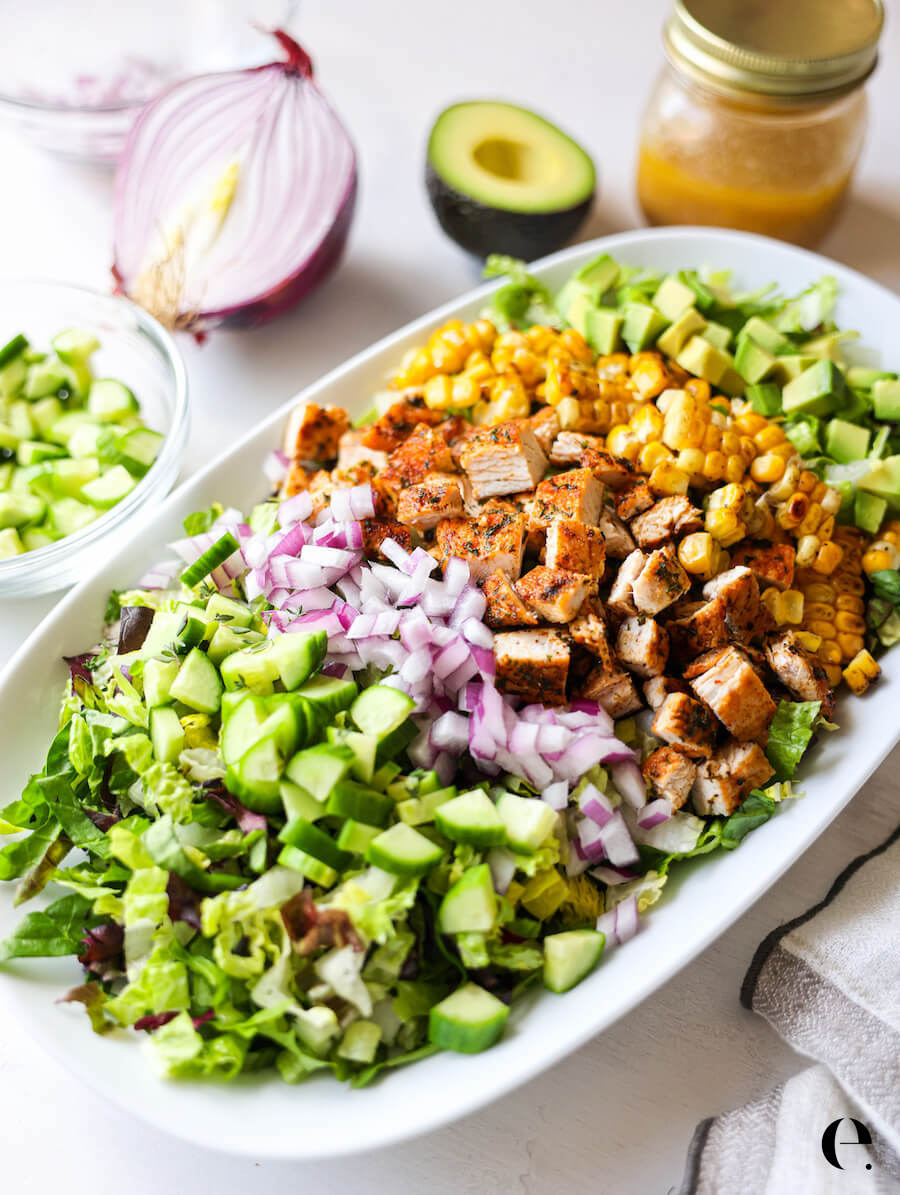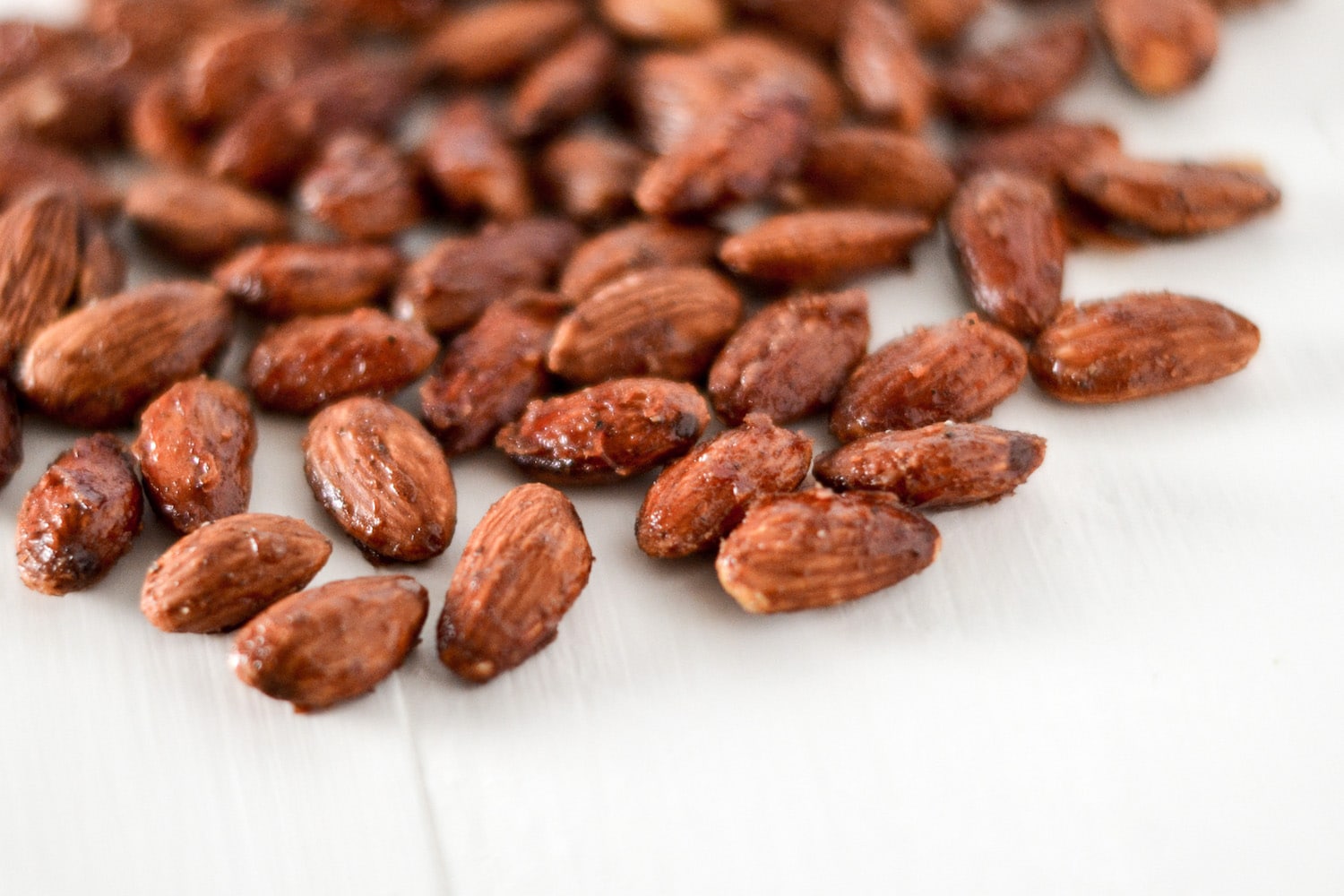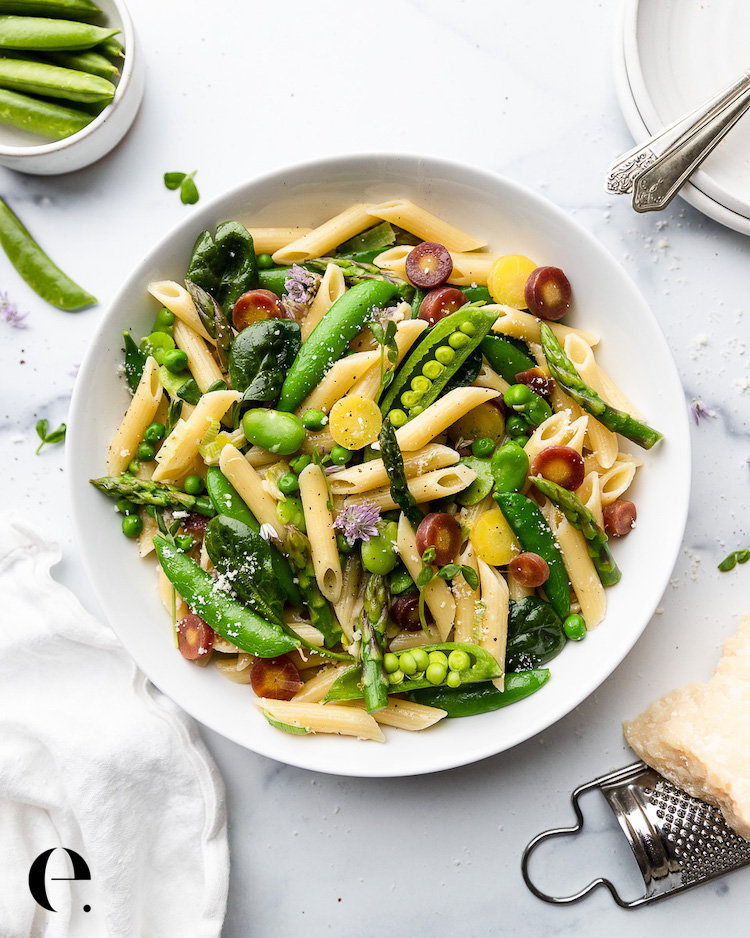
Let’s talk about the 7 types of love, based on the musings of Greek philosophy.
While most people automatically think about romantic or family love, there are in total 7 types of love.
In my opinion, we all deserve all 7 types, and only 1 is romantic.
Prefer video? Watch the video above after the ad plays for a detailed explanation of each of the 7 Types of Love (ads help keep our site free, thanks for being patient with it!).
Prefer to listen instead? You can listen to Elizabeth explain The 7 Types of Love on Episode 12: Understanding the 7 Types of Love, What They Mean & How to Get More of Each (here or simply click play below) of The Elizabeth Rider Show podcast.
If you prefer to read… keep reading as this article explains each type of love in depth.
Love isn’t seasonal or a one-time thing. Whether it’s coupling up on dating apps, or snuggling with your favorite people (or furry friends!), love is the common connector of humans. Around Valentine’s Day, the stores are flush with heart-shaped boxes of chocolates, bouquets of colorful roses, and every size of teddy bear imaginable. Wedding season is year-round in most parts of the world these days, and love is constantly on the brain.
Whether it’s the love of your spouse, children, parents, friends, or some good old-fashioned self-love—that amazing (yet sometimes maddening!) emotion is everywhere.
But can you really put all the different types of love out there into one box? The quick and dirty answer is no. Not at all.
We would be crazy to limit the notion of love to one generic box.
In fact, there are 7 different kinds of love! Yes, SEVEN.
There are seemingly endless feelings that are conveyed by that one, simple word. For example:
- You can love a significant other until your cheeks turn pink and you can feel your heart swell in your chest.
- You can love a child until it physically hurts because they’re like an extension of you. Your heart walking outside of your body.
- When you’re feeling sad and your closest friends show up at your door with wine or flowers, that’s love too!
- When you take a bubble bath and slap on a face mask after a long day because you know you deserve it, you bet your butt that’s love (self-love) right there.
I would go so far as to say that I absolutely LOVE this No-Bake Raspberry Vegan Cheesecake and Black Bean Brownies, in case you’re wondering.
How can one word be used to express such a broad range of emotions?
Simple answer? It can’t.
Philosophers in ancient Greece decided that this simply could not be the case. Noting the many intricacies and nuances of love, the Greeks decided that love could be broken down into seven specific types.
According to Greek philosophy, here are the 7 different kinds of love:
1. Eros – Romantic, Passionate Love (Of the Body)
Eros is passion, lust, sexual attraction, and everything we think of when we think of the TV version of love. Unsurprisingly, this type of love was named after the Greek god of love and fertility.
To the ancient Greeks, this physical, desirous love was quite dangerous. As you can probably imagine, the human impulse to procreate is powerful, and eros is the sort of love that is easy to lose control of.
Because Eros is solely a physical love, it isn’t necessarily something that you want to build a relationship upon (on its own, that is). Eros is intense and sexual and —you guessed it— fleeting.
A relationship built on Eros should also rely on other forms of love to create a firm, whole foundation (more on that later).
Nonetheless, Eros still represents the love for sexual intimacy and romance.
In the modern world, it illustrates our physical attraction to one another, and it is embodied by that passionate, romantic love that is gushed over in all our favorite books and movies.
2. Philia – Affectionate, Friendly Love

Philia is a friendly love. Those soul-to-soul bonds, per se. It encompasses the love shared between friends and intimate family members and is characterized by loyalty and trust.
Philia is encouraging, kind, affectionate, and everything that makes up a true friendship. It is entirely platonic, yet both meaningful and sweet.
Essentially, you can think of Philia as the type of love where you simply want the best for another person.
Because Philia is a kind of equal love —shared between people who value one another— the ancient Greeks thought it was even more precious than Eros.
Just as I said that a romantic relationship cannot be sustained on Eros alone, a romantic relationship where Philia is born out of Eros is built to last. Plato believed that this was the best kind of friendship.
3. Storge – Unconditional, Familial Love

Storge refers to the unconditional love that parents have for their children. It is a protective, kinship-based love that embodies approval, sacrifice, and acceptance.
Storge looks a lot like philia, though it is more one-sided. Think of it as the love a mother has for her child, regardless of whether the child reciprocates her emotion.
Basically, it is a strong bond and fondness that is built out of familiarity and need.
Another way of looking at storge is in the love you have for your sister, even if she constantly stole your favorite clothes growing up or is a little too eager to hand off her toddlers to you on date night.
That’s unconditional love right there!
4. Agape – Selfless, Universal Love

Agape is one-of-a-kind love. It is an empathetic, selfless love for others that includes a love for God, nature, strangers, and the less fortunate.
It doesn’t depend on familiarity (as does storge), but instead, Agape has links to altruism, which is understood as an unselfish, genuine concern for the welfare of others.
A lot of people consider Agape to be a kind of spiritual love and it’s expressed through meditation, nature, intuition, and spirituality.
Christians believe this is the love Jesus had for all of mankind. It is sacrificial and quite radical, honestly, as the Greeks believed that very few people were able to experience it long-term.
In today’s world, you can think of Agape as a pay-it-forward sort of love. It is a love that expects absolutely nothing in return, and in turn, just makes you feel good.
Not only is Agape associated with boosted mental and physical health, but some say it leaves a euphoric feeling, somewhat of a “helper’s high.”
We’ve covered 4 different kinds of love, and there’s still more if you can believe it. Keep reading to discover even more types of love.
5. Ludus – Playful, Flirtatious Love
Ludus is easy breezy love. Playful, flirtatious, non-committal—Ludus is having a crush on someone and then acting on it. It is the infatuated phase that occurs in the early stages of romance.
If you’ve been in love before, then you know what I’m talking about.
When I think of Ludus, I think of a fling. A no-strings-attached sort of conquest. It is the oh-so-stereotypical butterflies in your stomach.
Ludus is all about having fun, so think of whatever that means for you — flirting, dancing, teasing, seducing, all the jazz.
This type of love results in relationships that are definitely on the casual side, though that doesn’t mean they won’t last.
As long as both parties have the same mindset, Ludus relationships can thrive for years, resulting in a lightweight, undemanding, and beautifully uncomplicated sort of love.
6. Pragma – Committed, Long-Lasting Love

I love Pragma. In the simplest of terms, it is love that looks long-term. Pragma is a love that is seen in many long-term marriages and friendships.
It is built on commitment, endurance, companionship, and sharing similar hopes for the future, which includes things like building a family and putting down roots.
A lot of people (married folks, especially) will understand Pragma as “making it work.”
This type of love is an accepting, everlasting love that matures as a couple spends year after year together.
When I think of pragma, I think of the older married couple who have been together since they were teenagers.
Even after 50 years of marriage, they still hold hands and see the person they fell in love with.
I mean seriously, who doesn’t want that someday? Pragma is beautiful as it represents the constant nurturing that goes into a long-term relationship.
It is patient, sacrificial, mature, and in all honesty, quite rare (and therefore so special).
7. Philautia – Self Love
Of all of the different kinds of love, this one is often the most challenging for people. However, it’s perhaps foundational to the other types of love.
Philautia is self-love, which the ancient Greeks saw as a healthy, necessary love of one’s self that made it possible to give and receive love from other people.
(Haven’t we all heard something or other about not being able to pour from an empty cup?)
Healthy demonstrations of Philautia go hand in hand with self-worth, confidence, and the boost of self-esteem that is necessary for a sense of one’s purpose.
Keeping in turn with the Greeks, we cannot give what we don’t have. How are we to love others if we don’t first love ourselves?
Philautia, therefore, is something like self-compassion. Much like we show affection and love to other people, it is important to show that affection to ourselves.
However, of course, there is a flip side. Philautia can become unhealthy if we are not careful.
While this is not what the Greeks intended, too much self-love breeds self-obsession and self-superiority.
When it becomes unhealthy, Philautia can morph into narcissistic behaviors, arrogance, and selfish tendencies.
It’s important to balance the love of self with the love of others.
7 Types of Love: Putting it All Together
While the ancient Greeks put together this beautiful vocabulary of love, by no means is each type of love mutually exclusive.
We are whole, complicated beings who love in complex and unique ways.
Sure, your romantic relationship might be full of Eros, but I would bet there’s a healthy dose of Ludus, Philautia, and Philia in the mix too.
All of these combined are what will help you achieve that coveted Pragma. Being able to love at our fullest capacity first comes from intimately knowing ourselves and practicing self-awareness.

Take a second to consider the relationships in your life. From friends to family to our favorite vacation spot, our lives are saturated with many different kinds of love.
So which of the different kinds of love, for you, are most prominent? Are there any you could improve upon?
Is there anything that you’re craving? How can you introduce a different kind of love into your life?
I hope you enjoyed learning more about the 7 types of love, according to the Ancient Greek philosophers.







Hi, Elizabeth,
Love the article and endorse all you have to say with one exception. You claim that Eros is, “Passion, lust, sexual attraction …” Not so! Passion is born of love and has at its source the desire to give as well as to receive and to unite. Lust, by contrast,
is an appetite that makes an object of its desire, and is entirely sefish. It has nothing to do with love of any kind. Eros has a spiritual component and the passion it engenders seeks union with the whole person and is, I believe, only possible if a healthy philautia first exists in each partner. I could go on, but it’s your blog. X
I think you are describing LUDUS Love. Can you compare and contrast the two.
Elizabeth,
Thank you for this. Regarding Storge, I have reflected on the love that I have for each of my children. It has never made sense to me to ask, ‘do I love one child more than another?’. But why? In staying with this question, like staying with a koan, I have finally come to a conclusion. I think that as each child came into my life that love was reinvented anew with that child. That new love is of a unique kind for that parent and child. So it is intrinsically impossible to compare one parent-child love to another parent-child love. Also, as my children are adults now, I feel a unique Storge from each of them.
Pls, don’t call him learn all about love before going into another relationship. Love from the lens of the Bible.
Now which type of love is mre beautiful to be with?
I am in love with 4 boys (I am a girl) at young age I am 7-8 and the 4 boys at my school have a crush on me they are all handsome and brave and me I am the smartest in the class
well, Second smartest because of my teacher……… but can I tell you guys their names?
Try to describe your love for each to see if you can identify which category each boy fits into. Bet the definition descriptions will help you later on when things get more complicated. I’d like to see how you work out the categorizing problem 🙂
Great article! Really enlightening!
I just spent the last year with a man and we dsffinitly only had eros love. In the bedroom, what we had was beautiful and unbelievable experience. It make me feel euphoric idk if u know what i mean but i literally thought his love was my drug, but thats all we had together in the end. We would constantly fight other wise. I literally spenfcthe past year blinded thinking that the sex that we would have was worth all the mental abuse that occured. It took me a long time to finally realize what was going on in the relationship ourside of the bedroom amd realizing how toxic we really were for eachother. It was really hard coming to terms with it all and taking the step to remove to toxicity from my life. It wasnt easy because i did still love him he made me feel good but sex isnt the most important part of a relationship and we had none of them. I still have moments and weaknesses and find myself almost calling him but i kmow that i shouldnt do that.
Pls, don’t call him learn all about love before going into another relationship. Love from the lens of the Bible
Don’t call if you think it was toxic. Your mind is playing games with you. I have a similar thing going on at age of 50. He is 30 and I do think I love him with all my heart and I want the best for him. However that is all. I fully realize we can’t build anything together. Nothing builds on live just based on sex. He needs to do that on his own. We both want families and I already have it. I think I need to set him free so he can work on that.
This has helped me a lot.
And where do we place this kind of love?
If a person loves some kinds of material things, for example loving your bike so much.
What i this kind of love
Will appreciate you well